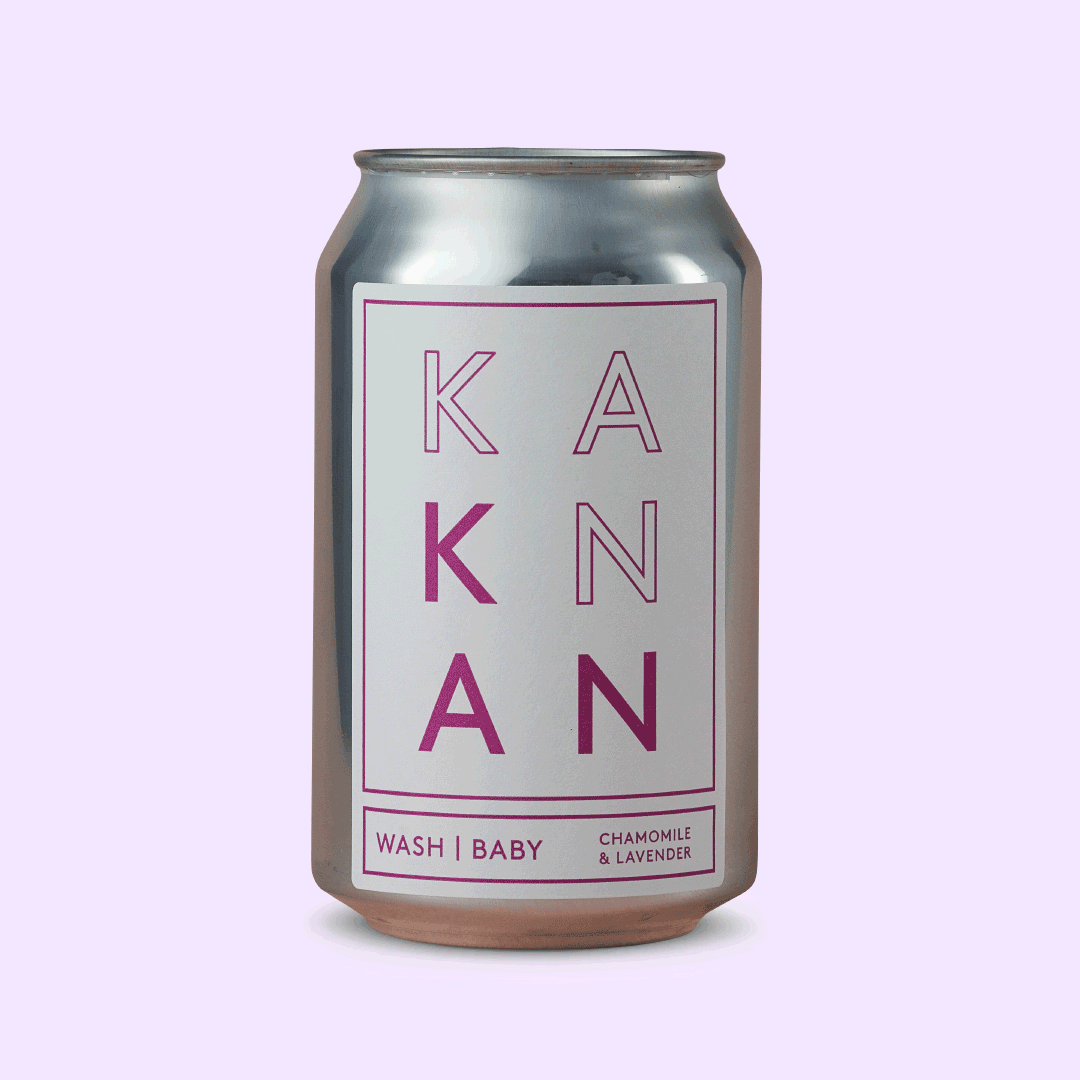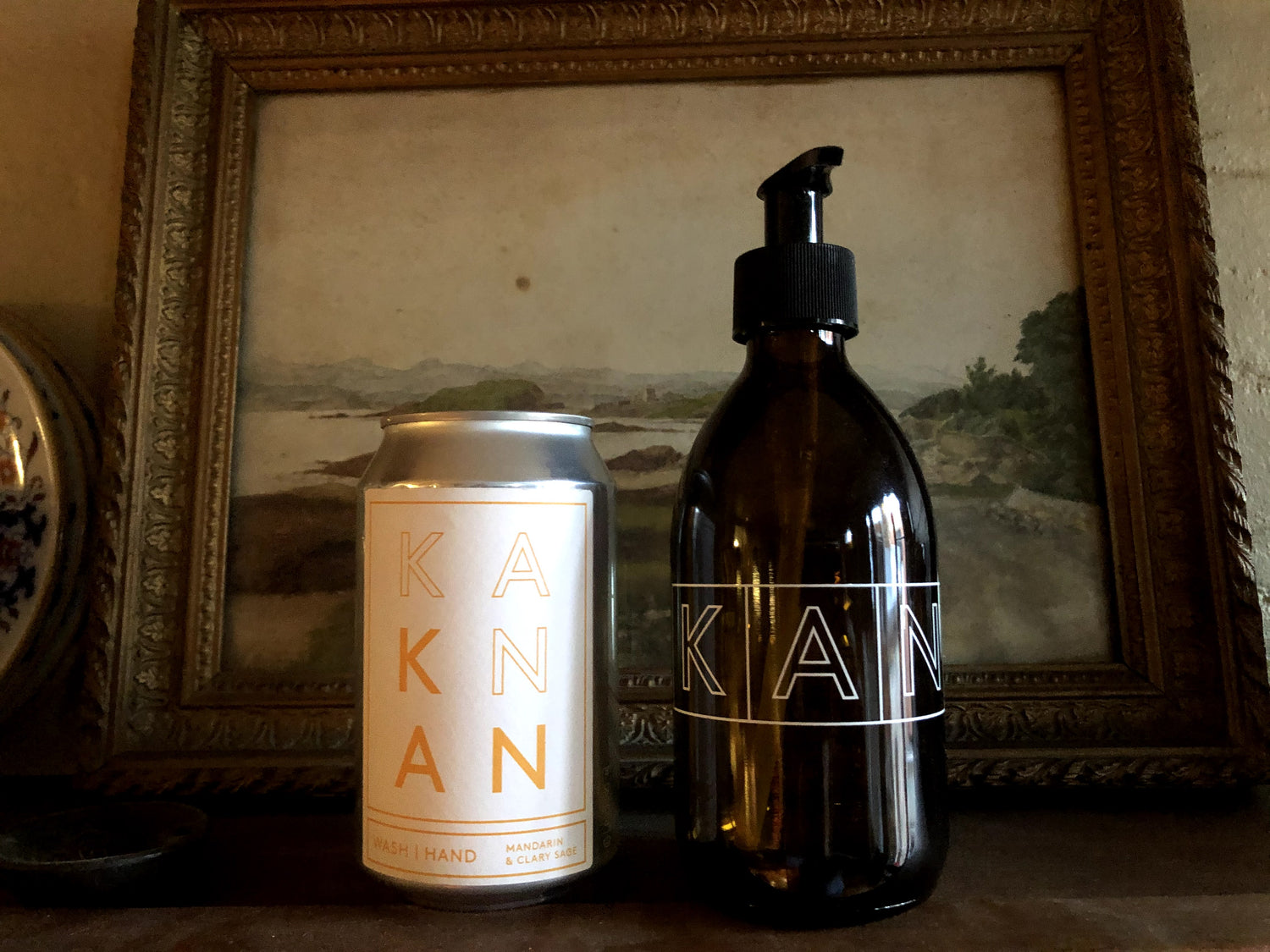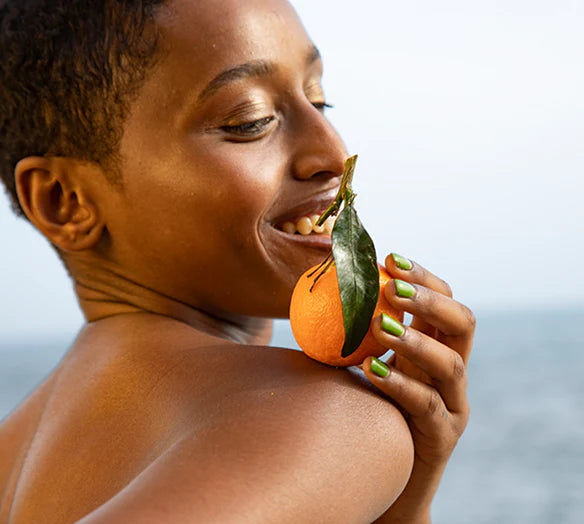And why we believe the future is with the circular economy.
Not all recycling is the same. With only 20% of all plastics are being recycled globally, and most plastics having a recycling cycle of 2x maximum before loss of use, we really need to review our addiction to plastic.
Plastics have been so widely used for so long now, that we can’t think of a world without them. A cheap, highly durable material, both water and airproof — it’s been a thing of wonder allowing for many broader reaching changes in the way the world works. But there is no argument now that the use of this material has hit levels that are totally unsustainable and that have far reaching impacts that we are only just realising.
Currently there are over seven regularly used plastics and many more hitting the market with the new movement towards green plastics. Green plastics seem like another wonder material, but the waste systems are struggling with the common seven in operation, and these are hazardous to our waste streams and processing. It’s become a little chicken and egg where the demands of the consumer are driving decisons in manufactures and makers but the systems that process these are simply not ready.
The answer to this problem is not just more plastic — green or otherwise. The answer lies in the way society consumes and uses. Plastic has provided ways to make things very cheaply but often with no real value. This is great when we buy — but the impact of this throw away culture is a lack of care and quality, and a bigger and bigger garbage pile. We need to review the way we are designing products and services from the ground up. When something is designed from cradle to grave, there are considerations to how the product works, just not for the short term but for its entire life. If we have any chance of moving out of this linear economy where we don’t value our resources and create huge waste unnecessarily, we need to care about things in a much deeper way.
This is the idea of a circular economy in a nut shell. And this is where we ended up when we went reviewing plastics and packaging for KANKAN. It soon became obvious that the solution wasn’t going to be a new plastic. And long term the best solution would be a system to remove single use packaging altogether. But we want to offer a solution that would have broad appeal, so our first iteration of KANKAN would be using a circular resourced material — one which has an infinite lifespan and lose no value in its use time and time again.
We needed a material that was already in use. We needed to utilise a system that had proven success and was in operation globally. We needed to find a resource that had value, both in raw form and in waste. We needed to find a material has an ability to be used, over and over again without degrading. Hello aluminium cans.

Why are cans better? The aluminium can may not look ‘designer’, but it is a beautiful design. It is so clever to use such a small amount of metal, and create an incredibly light but strong container for liquids. It packs well and tightly and when together en mass, it’s very easy to move. And more importantly, it’s used on scale — 2+billion cans per year to be precise. So there are lots of systems and processes in place that we could utilise.
This ubiquitous item, has a lot of value — it’s a great symbol of a circular resource. It holds its value even when trash, because it’s infinitely recyclable. This means that even the very high energy toll it takes to mine aluminium — once it’s in the system it has a lifetime of use, making the impact smaller with every use. The mission is to keep the material in the system. Recycled aluminium takes only 5% of the energy of producing from new. And it’s recycled regularly — over 75% of all aluminium is still in use today. This is set to increase when the new returns system is installed in the UK. A newly installed system in Lithuania now has a 93% return rate for cans since it’s implementation.
One thing is for sure: there is no ‘perfect’ solution. We knew that aluminium mining is very energy consuming and if we were to use it, we would have to ensure that we had a plan to help offset.
On review, we have chosen to partner with onetreeplanted.org to help us achieve this mission. We wanted to give back a quantifiable benefit for every can used so we have committed to planting one tree per can. We feel that this provides an additional circular gesture for our first iteration of KANKAN — what goes around, comes around.
To find out more — you can follow us on social @kankan_london or on the website www.kankan.london.




Leave a comment
This site is protected by hCaptcha and the hCaptcha Privacy Policy and Terms of Service apply.